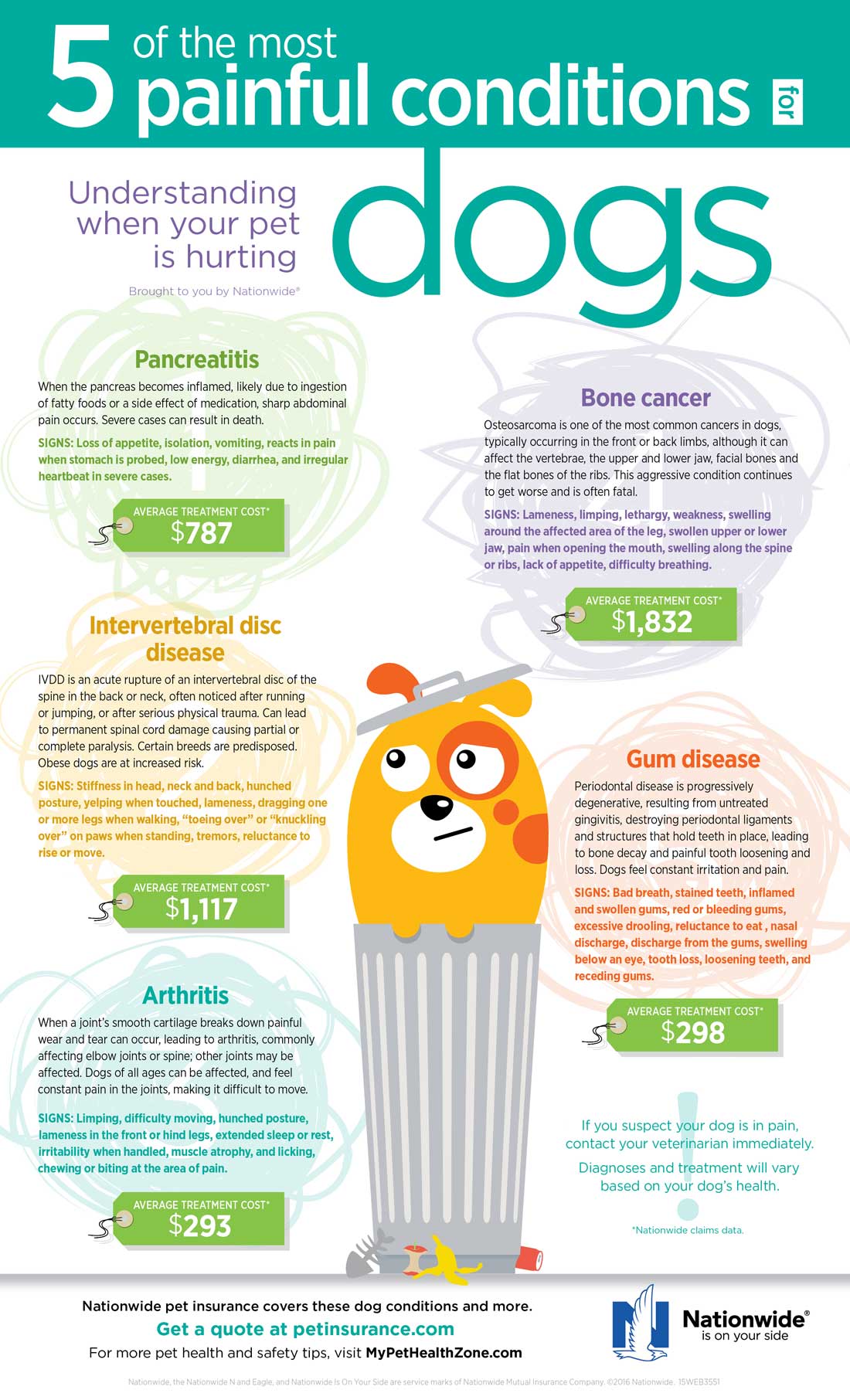Pets in day care get lots of workout, socializing with various other canines and distinct experiences. This can be particularly helpful for pups and pet dogs with behavioral concerns.
There are numerous legal considerations you need to take into consideration when beginning a dog childcare business. These include the structure of your company and compliance with federal government guidelines.
1. Pooch Distemper
Canine distemper is spread out through direct contact with the bodily fluids and waste of an infected dog, but it can likewise be transmitted through shared water and food bowls or with airborne droplets. This extremely infectious health problem is most hazardous for pups, yet it can influence dogs of any type of age and is deadly for a lot of if left unattended.
Initial symptoms of canine distemper frequently imitate a common cold, including drippy eyes and nose with watery or pus-like discharge. As the illness advances, a canine will establish fever, coughing, decreased hunger, vomiting and diarrhea. The virus can also attack the nervous system, resulting in seizures, twitching and partial or complete paralysis.
Reliable daycares decrease exposure to infection by requiring vaccinations, regular health examinations and adhere to rigorous health procedures. If your puppy seems excessively exhausted or limping, a day of rest may aid him recoup, however you ought to prevent taking him back to daycare until these symptoms clear up.
2. Kennel Coughing
Kennel coughing, additionally referred to as contagious canine tracheobronchitis or Bordetella, is a highly contagious viral or microbial condition that impacts the breathing tract. It's commonly moved via the exchange of saliva or air beads that a sick dog exhales. Social pets go to higher risk for infection due to their constant communication with each other, such as when they play, share food or water, sniff one another or merely fulfill in a congested environment like a dog park or childcare.
One of the most typical symptom of kennel cough is a persistent and strong coughing that sounds like something stuck in the throat or retching. Usually, pets will certainly cough up foamy white phlegm. If left unattended, a pet dog can develop pneumonia and be at significant danger forever.
A respectable day care facility need to have rigorous cleaning and sanitation methods, sterilize all playthings, food and water bowls on a regular basis, and be open regarding their vaccination plans. Keeping your dog approximately date on their inoculations, particularly for bordetella and canine influenza, will substantially minimize their chances of getting the disease.
3. Parvovirus
Canine parvovirus, or parvo, is a highly transmittable viral disease that can be deadly for young puppies and young adult dogs with bad immune systems. It's most generally spread by straight contact with polluted dog feces-- which can take place when canines smell, lick, or preference infected feces-- and indirectly from polluted people, items, or environments (like kennels, brushing rooms and grass). Puppies and pets without total vaccination backgrounds are especially at risk to parvo.
The virus is exceptionally durable, surviving in the atmosphere for as much as nine years, and can conveniently be transferred in between canines by call with feces or on shoes, apparel, and bed linens polluted with parvovirus. Otherwise treated quickly with IV fluids, electrolyte equilibrium, vomiting control drugs and prescription antibiotics to stop secondary microbial infections, a dog will quickly dehydrate and establish severe looseness of the bowels, which leads to shock and blood poisoning. 24 hour dog daycare near me Parvo is difficult to treat as soon as a canine has actually become ill, yet with appropriate vet treatment, numerous puppies do endure this illness.
4. Dog Flu
Canine flu infection is extremely transmittable and spreads through direct call, sharing food and water bowls, licking or nuzzling other pet dogs, through airborne beads, and through polluted surface areas. Vaccination works in reducing the danger of infection and outbreaks.
Many influenced dogs establish a light respiratory infection with a cough that lasts 1-3 weeks. They might also have nasal and ocular discharge, sneezing, and lethargy. Several of the most major instances cause pneumonia and a high fever.
If your canine shows any of these signs, do not bring them back to childcare till they are healthy. If your pet dog is revealing signs of extreme exhaustion or limping, speak with your vet as soon as possible and make sure they are on health supplements to aid construct their resistance. A veterinarian will examine your pet for symptoms of the flu by taking an example from the nose or throat, and blood examinations can be done to validate.
